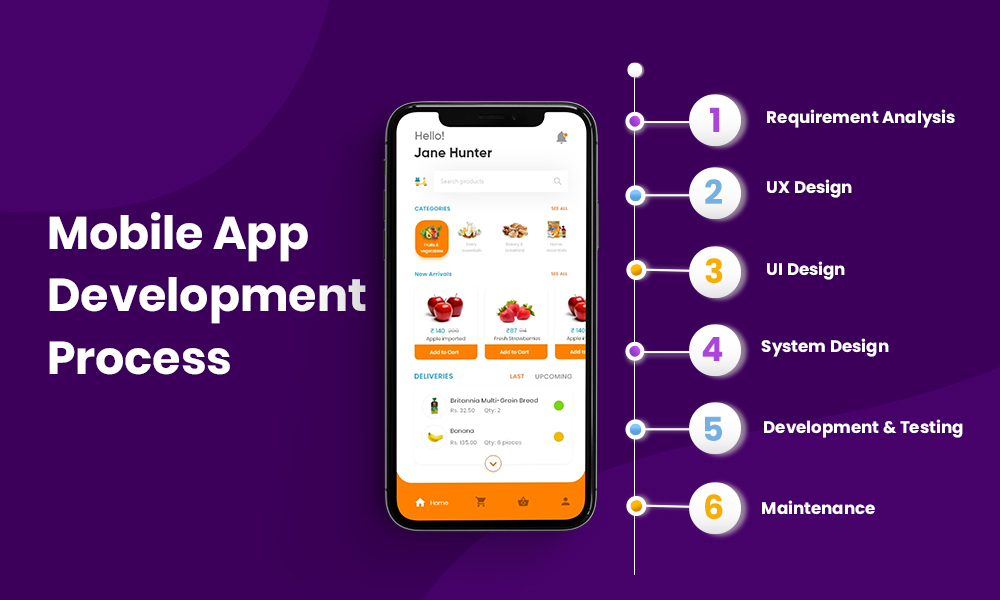Blitz News Digest
Stay updated with the latest trends and insights.
Your Phone's Secret Life: What Mobile Apps Really Do When You're Not Looking
Uncover the hidden secrets of mobile apps! Discover what your phone is really doing when you’re not looking. Don’t let them fool you!
Uncovering the Hidden Activities of Your Favorite Apps
In today’s digital age, our smartphones have become an extension of ourselves, housing a plethora of applications that make life easier and more enjoyable. However, many users are unaware of the hidden activities that these apps engage in behind the scenes. From tracking your location to analyzing your behavior, these applications collect a staggering amount of data. By uncovering these activities, you can make more informed choices about the privacy of your information and understand the implications of your app usage.
To help you navigate this complex landscape, consider the following steps to uncover the hidden activities of your favorite apps:
- Review Permissions: Regularly check what permissions you’ve granted and revoke any that seem unnecessary.
- Monitor Battery Usage: High battery consumption might indicate that an app is performing excessive background activities.
- Use Privacy Tools: Leverage third-party applications that specialize in revealing app behavior and privacy insights.

Do Mobile Apps Really Keep Listening? Myths vs. Reality
The notion that mobile apps are constantly listening to our conversations has become a common concern among users. Many people believe that their devices are eavesdropping on their daily discussions to serve personalized ads or recommendations. However, the reality is that while many apps do require microphone access for specific functionalities, most reputable apps do not engage in continuous listening without user consent. Data privacy regulations and guidelines help to ensure that apps cannot simply keep the microphone active in the background without notifying the user.
Furthermore, there is a distinction between perceived privacy invasions and actual practices. In most cases, the advertising algorithms utilize information gathered from your online behavior, such as search history and app usage, rather than relying on audio data. This misconception often arises from targeted ads appearing shortly after relevant discussions, leading to the false assumption of eavesdropping. To maintain privacy, users should regularly review app permissions and understand how data is collected and used, ensuring that their personal information is protected.
What Happens When You Close an App: The Truth Behind Background Processes
When you close an app on your device, it might seem like the application is entirely shut down, but in reality, it often continues to run in the background. This is because modern operating systems, such as Android and iOS, manage resources effectively by allowing certain background processes to remain active. This means that even though the app appears closed, it may still have components running that can quickly resume the application when you decide to reopen it. Background processes can consume system resources, affecting battery life and performance, which is important to consider when managing your device.
Furthermore, when apps operate in the background, they can still perform tasks such as updating content, syncing data, or receiving notifications. This functionality is crucial for apps that require real-time information, like messaging or social media applications. However, users should be aware that not all apps handle background processes equally; some may drain resources significantly, while others may operate efficiently. Understanding what happens when you close an app allows users to make informed decisions about app management and optimize their device's performance.